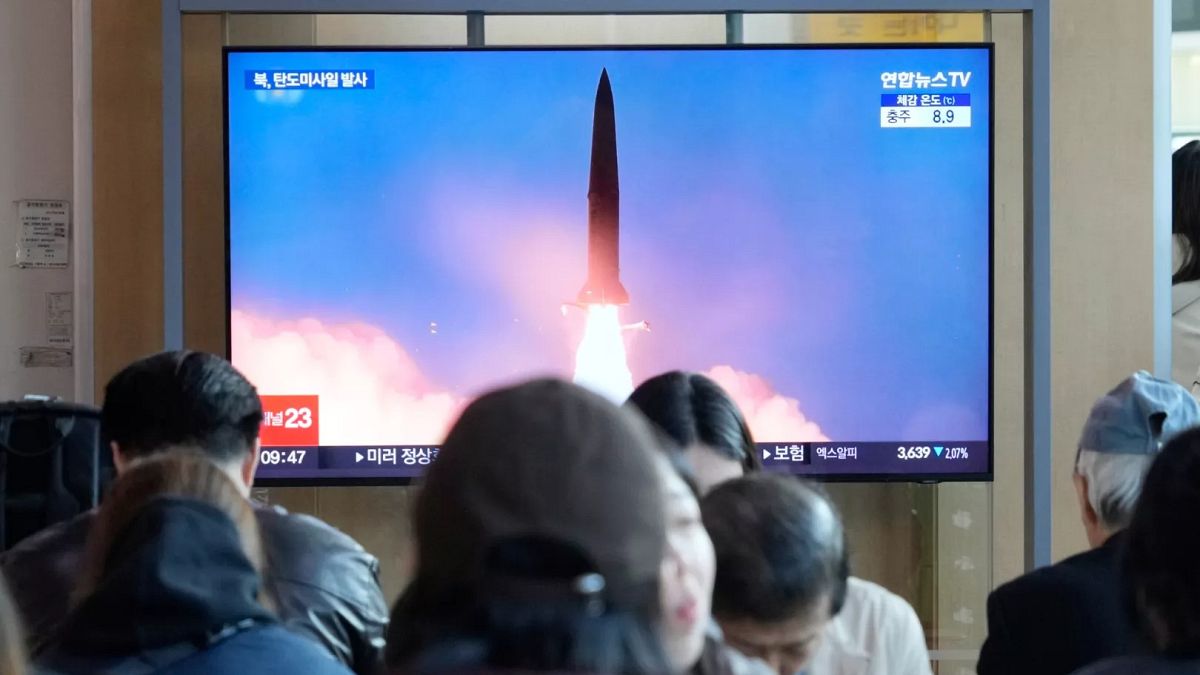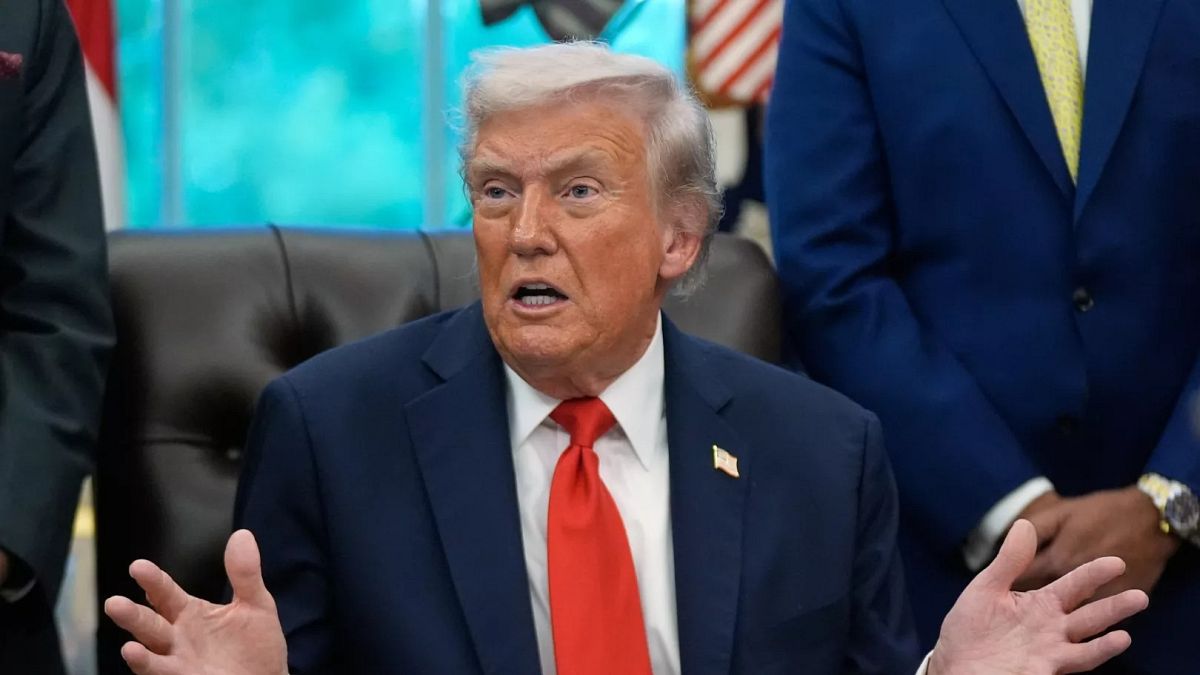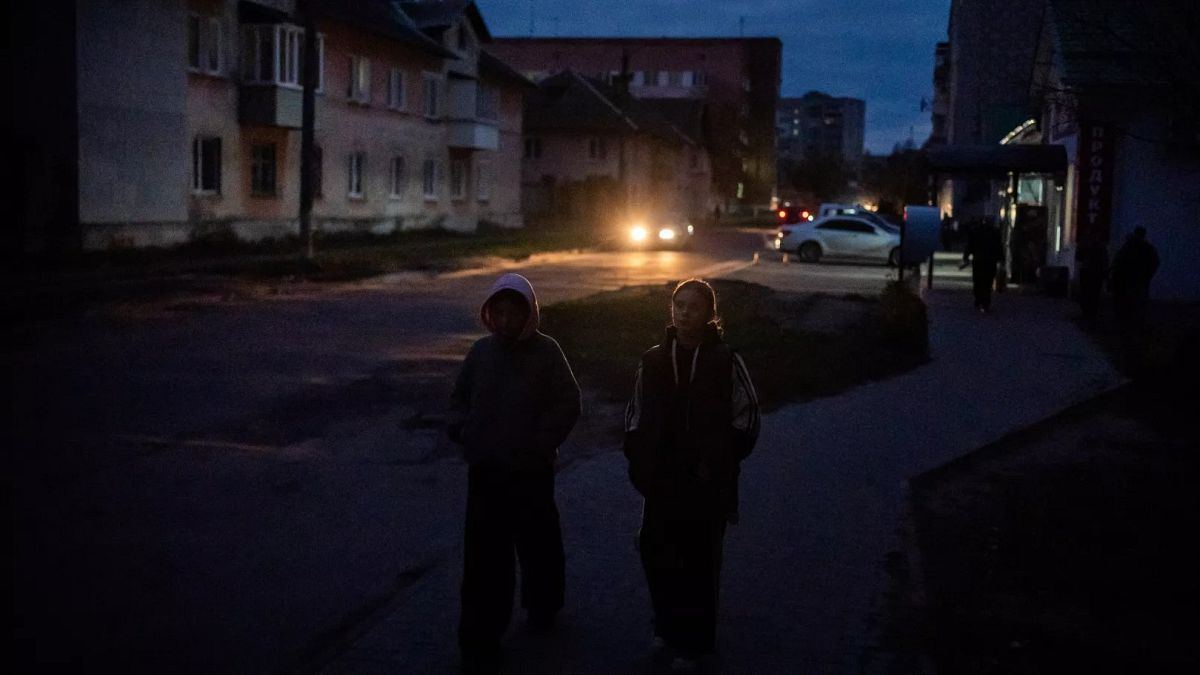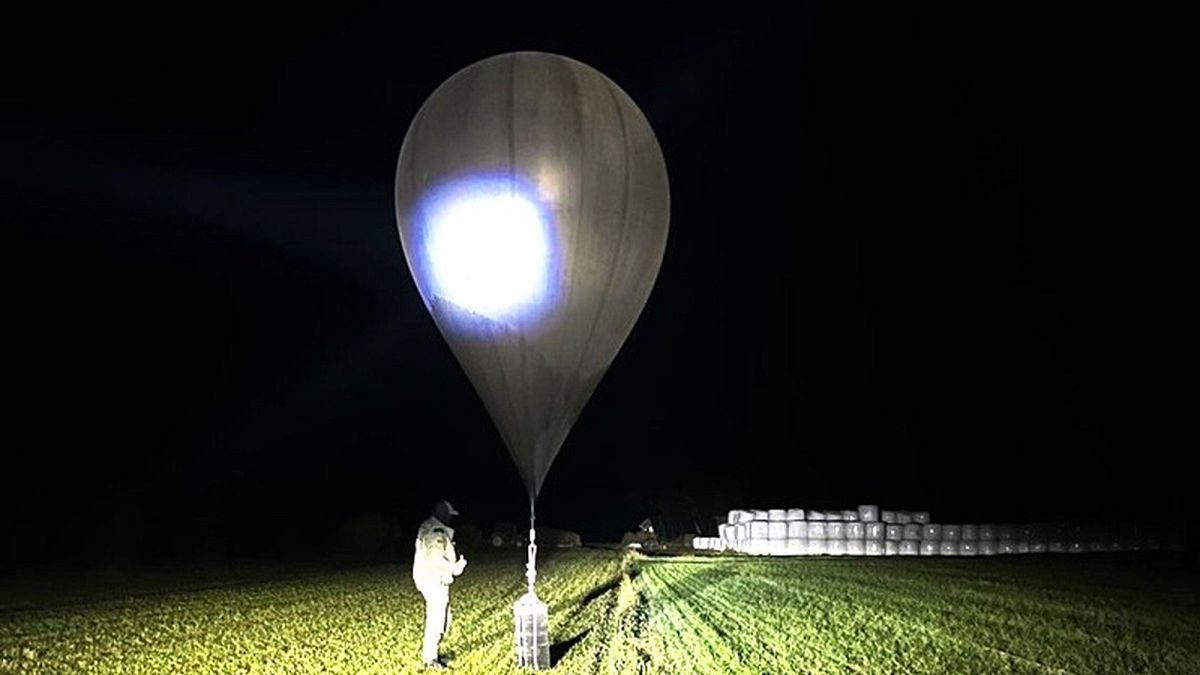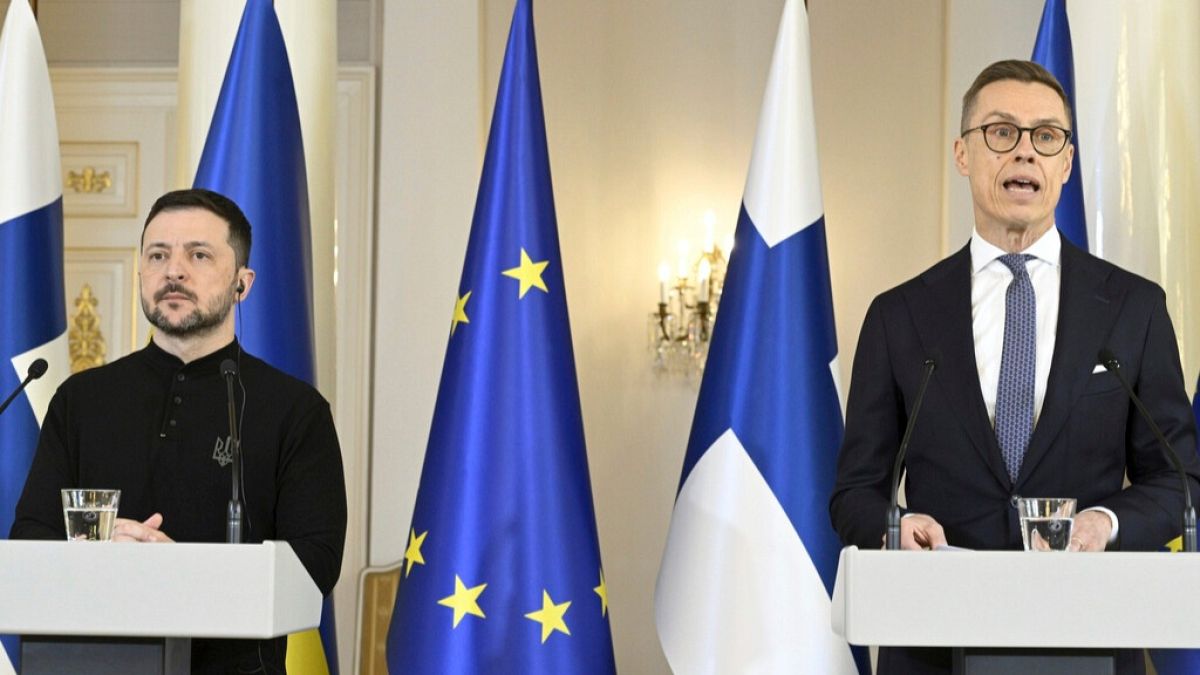The European Commission will persuade member states to agree to a deal with Mercosur

The European Commission intends to persuade member states in the coming months to agree to a deal with the South American bloc Mercosur, as work on this document is nearing completion, said EC spokesman Olof Gill on Friday. According to him, the unstable geopolitical situation speaks in favor of this agreement.
“In an increasingly unstable geopolitical reality, having strong agreements with trusted partners around the world that benefit both sides is more important than ever,” Gill said.
“Therefore, we will certainly invest a lot of time and energy in the coming months as we finalize the agreement (…) to also talk to our member states and tell them that considering what is happening around the world, this is a great opportunity for us,” the spokesman added.
After U.S. President Donald Trump imposed tariffs – which he himself called “America’s liberation day” – voices in the EU have called for accelerating the implementation of the agreement with Mercosur. This was urged by, among others, the President of the European Council Antonio Costa. Poland and France have so far opposed this agreement, seeing it as a threat to farmers.
“Mercosur remains the top priority for the EC. We will talk to our member states in a very orderly and detailed manner,” Gill added. He emphasized that diversifying trade partnerships is the foundation of economic strength, especially now. The spokesman reminded that the EU has the largest and fastest-growing network of trade agreements in the world – 44 agreements covering trade with 76 countries.
The EC, which conducts the EU’s trade policy, announced in December 2024 the conclusion of nearly 25 years of negotiations with South American countries regarding the content of the agreement. Political agreements with the EC were reached by Argentina, Brazil, Paraguay, and Uruguay.
After a legal review and translation into national languages, the EC will send a proposal to member states to ratify the agreement. This is expected to happen in the middle of the year.
At that time, it will also be clear what the ratification path of the agreement is. If the EC considers the agreement to be an exclusive competence of the EU, it will only require the consent of the European Parliament and member states in the EU Council, which decide by qualified majority – 15 countries representing 65% of the EU population. However, if it considers it to be a mixed agreement, member states will also have to ratify the document. It is also possible to divide the agreement into a part that lies solely within the EU’s competences and a mixed part. (04.04.2025)



















